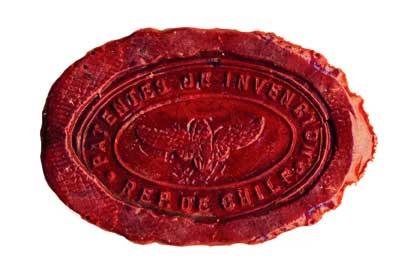
In a broad sense, intellectual property refers to any creation that the human mind can produce; that is: inventions, utility models, trademarks, literary and artistic works, etc.
In effect, the concept of intellectual property comprises:
Industrial property: includes invention patents, utility models, commercial, collective, and certification marks, geographical indications, and appellations of origin. In Chile, the body in charge of registering industrial property rights, established in Law No. 19,039 and its Regulations, is INAPI (National Institute of Industrial Property), formerly the Departamento de Propiedad Industrial (Industrial Property Department).
Copyright: protects the rights of performing or creative artists over their performances or works, the rights of producers of phonograms over their recordings, and the rights of broadcasting organisms over their radio and television programs. In Chile, the body in charge of registering copyright and related rights, and the other functions of Law No. 17,336 on Intellectual Property and its Regulations, is the Intellectual Property Department, part of the Directorate of Libraries, Archives, and Museums (DIBAM) of the Ministry of Education.
For more information, please visit the DIBAM website.























